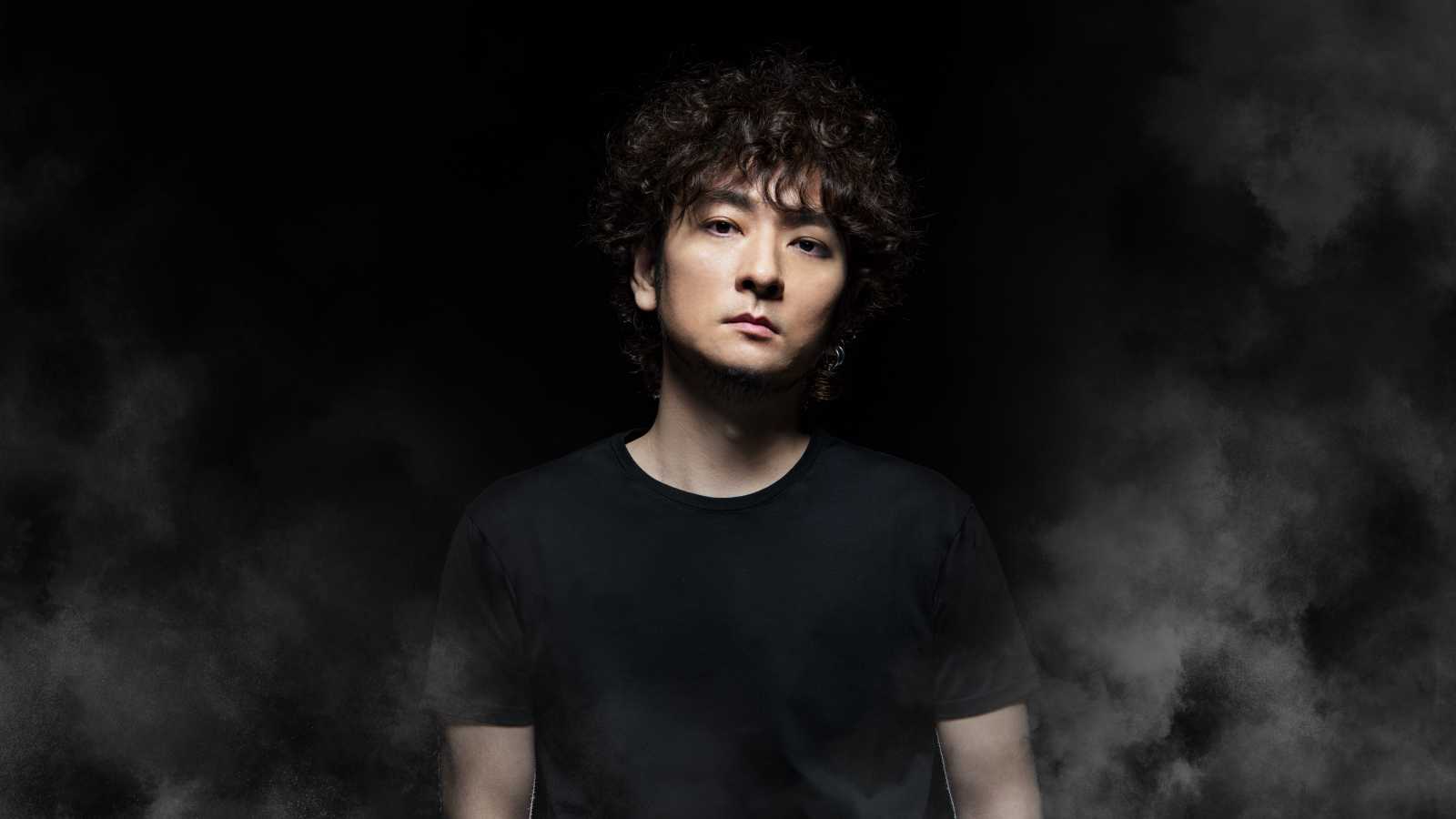Jully's debut album doesn't disappoint.
Last month, young rock band Jully decided to give their fans what they'd been waiting for over a year now: their debut album, Inochi no Shoudou. Released in two versions, each came with thirteen tracks as well as a DVD.
Opening with the introduction track Taidou and its interesting drumwork courtsey of Tsuyoshi, the album leads the listener next into Aizou no Kaiga. A melancholic and stormy song, it gives the new listener their first listen to Shinichirou's dramatic vocal style. The entire song has a dark and tumultuous feel, peppered with breaks of lighter guitar work like the sun briefly breaking through the clouds. This piece is followed by the multifaceted Rinne and then Reincarnation, the latter being an absolute fantastic mix of bass and guitar. With a bouncy bass line beneath it, Ryota's guitar is free to dance between light hearted chords as well as a fun and funky line roughly two and a half minutes in.
A new mix of the previously released Sora ga ochita hi follows and the emotional rawness carried in Shinichirou's vocals just as strongly felt as in the original recording. The sixth track, Ningen Shikkaku, with its whispered opening vocals and bass line, sticks to a similar mood before things take a slight twist with the next track; Kouen Meguri's opening guitar is almost retro in feel and it lightens the entire album with its unexpectedly upbeat melody. Though quite different from any other song on the album, it retains enough of Jully's signature sound and rock 'n roll in the chorus to keep it from feeling out of place.
Unfortunately, Ga drags slightly; technically, there is nothing to find fault with in Yujiro's bass work nor Ryota's guitar lines which craft a winding melody, but at just over seven minutes in length and with an uninspired chorus, it's far from the strongest track. Sayonara is a much quicker and catchier rock tune and almost harkens back to Kouen Meguri, only without the slightly retro feel. The following track is Kenboku and while it starts slowly, peacefully, enough, it soon picks up into a much quicker, although not aggressive, piece. The guitar cuts and glides through this song, almost violin-like in its use in parts, before starting its play with the bass near the song's midpoint. The next track is Hikari Sasu Basho, a lovely song; the guitar seems to drift nearly aimlessly through the tune while the rhythm section helps to keep it and Shinichirou's smooth voice grounded in reality.
The album closes out with the previously released Hekikuu and then the nearly nine-minute long Tsumugu Inochi. Opening with some gentle guitar chords and drumming that reminds one of the first track, Taidou, it's quite an ambitious song for such a young band to attempt. Thankfully, they pull it off wonderfully and it avoids Ga's fate; the listener is gently rolled along from note to note, getting pulled further and further down into the stunning world Jully has carefully crafted with their sound.
The DVD included in this version contains a live performance of Ga as well as a bit of behind-the-scenes footage. Ga is thankfully much better as a live song and Shinichirou moves wonderfully, making the DVD a welcome little addition to the album as a whole.
Although having formed only in 2005, Jully already shows a tremendous amount of talent. Each member is showcased to his best in this album and listening in particular to the flawless musical interaction between Ryota, Yujiro, and Tsuyoshi is a real treat. Shinichirou's vocals are wonderfully expressive, always making it clear to the listener his own emotional investment in the music, and are a breath of fresh air to anyone growing a bit tired of overly slick and packaged vocalists. Jully may be young but this album shows a skill beyond their years, and is definitely worth a listen.
![HYDE [INSIDE] LIVE 2024 -EXTRA- at Makuhari Messe](https://www.jame-world.com/media/image/2024-11/_16-9_14951.jpg)


